Scotland's Game: What does the future hold?
- Published
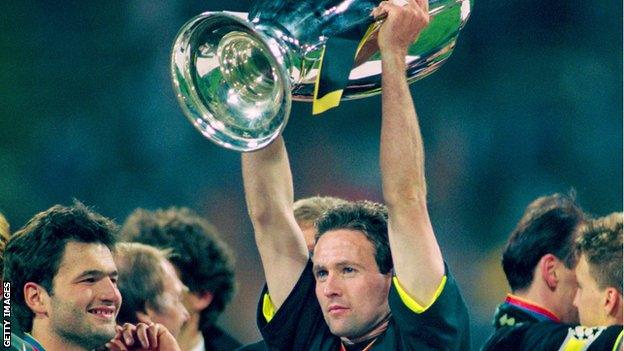
Paul Lambert is that rarest of things - a Scottish Champions League winner
The fourth and final part of Scotland's Game, a 30-year social history of Scottish football, is broadcast on BBC One Scotland on Thursday at 21:00 BST.
It delves into grassroots football, social media and fan ownership. It looks back at what was and looks forward at what might be.
It examines the rise, and prejudices, faced by women's football and the fantastic irony of, in a male-dominated landscape, Scotland's women's team being closer now to reaching a major championship than their male equivalents.
For a nation that produced so many world-class players down the years, Scotland is now down to just one - and it's a woman, the brilliant Kim Little.
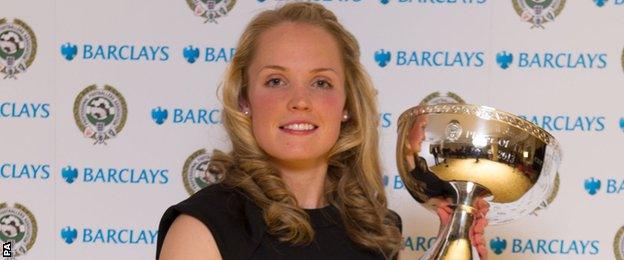
Seattle Reign's Little has won over 100 Scotland caps
Episode four begins with Paul Lambert in Dortmund and how apt that is, given the events in Barcelona on Tuesday night.
In 1997, Scot Lambert was a Borussia Dortmund player under Ottmar Hitzfeld. He won a Champions League medal after beating Manchester United, home and away, in the semi-final and then overcoming Juventus 3-1 in the final. His job that night was to neutralise Zinedine Zidane - and he was magnificent.
Listening to Lambert makes you wonder when a Scot will elevate himself to a similar position - the cutting edge of the European game, going toe-to-toe with one of the sport's greatest talents and beating him in the biggest final in club football.
The story moves on to Martin O'Neill's Celtic and their thrilling ride in the Uefa Cup of 2002-03. Times have changed so profoundly since then. It's like looking back into another world when a Scottish team travelled more in expectation than hope.
Celtic lost a European final, 3-2 in extra-time, to Jose Mourinho's Porto, a side that would win the Champions League the following year, and O'Neill remains a ball of angst about it.
On Tuesday, Celtic lost a Champions League group game 7-0 to Barca. In the new world of football, where Barcelona can construct arguably the greatest attack in the history of the game and pay them a combined salary of 700,000 euros per week, the new Celtic manager, Brendan Rodgers, had to rationalise it. He had no option.
There was no rationalisation in 2003. Celtic were good enough, and wealthy enough, to compete. Everything is different now.
A brief history of women's football in Scotland
The chances are that the next time Scotland qualifies for a major championship it will be the women who take them there. And yet the women's game gets short shrift from the media and the public.
Scotland's Game has a section on what it was like for women footballers in war time. When the men were away, the girls were allowed to play. When the men came home, normal footballing service resumed.
Women were banned from playing matches at men's clubs. Incredibly, the ban remained in place until the early 1970s.
There has been advancement from those sexist days, but sexism remains a factor. That's why the appointment of Shelley Kerr as manager of Lowland League side, Stirling University, in 2013 created such headlines. Kerr speaks with authority; she's broken through, but she does not see a cavalry of women coaches on the horizon.
Ann Budge's arrival as owner at Hearts - and chief executive Leeann Dempster's progression from Motherwell to Hibernian - is something that would not have seemed possible 30 years ago.
Had you said at the conclusion of 'Only A Game', the documentary covering Scottish football's narrative up to 1986, that two women would be calling the shots at two of Scotland's biggest clubs there would have been hilarity and uproar.
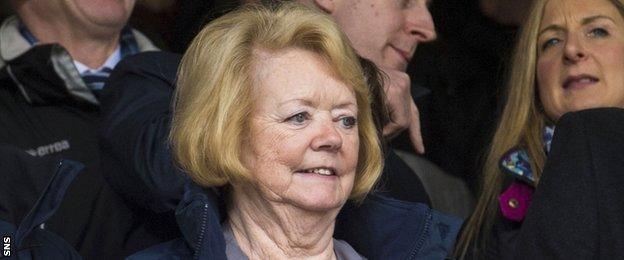
Budge successfully led Hearts out of administration in 2014
And yet there they are. Budge continues to hold a mirror up to the Scottish game, asking people to make sense of some of the things that go on. Budge and Dempster are now on the board of the Scottish Professional Football League. Many bad things have happened in this 30-year journey, but that's some of the very best things.
The passage of time has seen the rise and fall of the fanzine culture, supporters now finding a voice in the digital world where once it was all pen and paper. Social media has changed the game, but has the game changed with it?
John Collins speaks about his time as Hibs manager and that glorious League Cup final day in 2007 when his winning side were serenaded by their supporters singing the Proclaimers' 'Sunshine on Leith'. That scene has lost none of its power to stir the blood. For Collins, there was added poignancy. He had lost his father only a few months before the final.
John Collins discusses success and failure at Hibernian
Having learned a new philosophy in his two years as a player with Monaco in France, Collins proposed change at Hibs. New ways of training, new diets, new thoughts about sports science, a whole new picture. It caused problems and he left.
At the conclusion of Scotland's Game he's still talking about change and how people are scared of it. "People don't like being outside their comfort zone," he says.
Most people will accept that change needs to happen in Scottish football, but we talk and talk and nothing gets done. Blueprints, commissions, master plans. Summer football, winter breaks, fewer professional teams and bigger top leagues. We go round in circles.
There is a battle to be won for the future of Scotland's game, but one has to wonder who, precisely, is fighting it. Too many in power seem happiest when fighting each other rather than fighting together.
Never, at any point in its history, has Scottish football been more in need of true leaders.
The fourth episode of Scotland's Game airs on BBC One Scotland on Thursday 15 September at 21:00 BST and will be available to view via the iPlayer after broadcast.
- Published14 September 2016
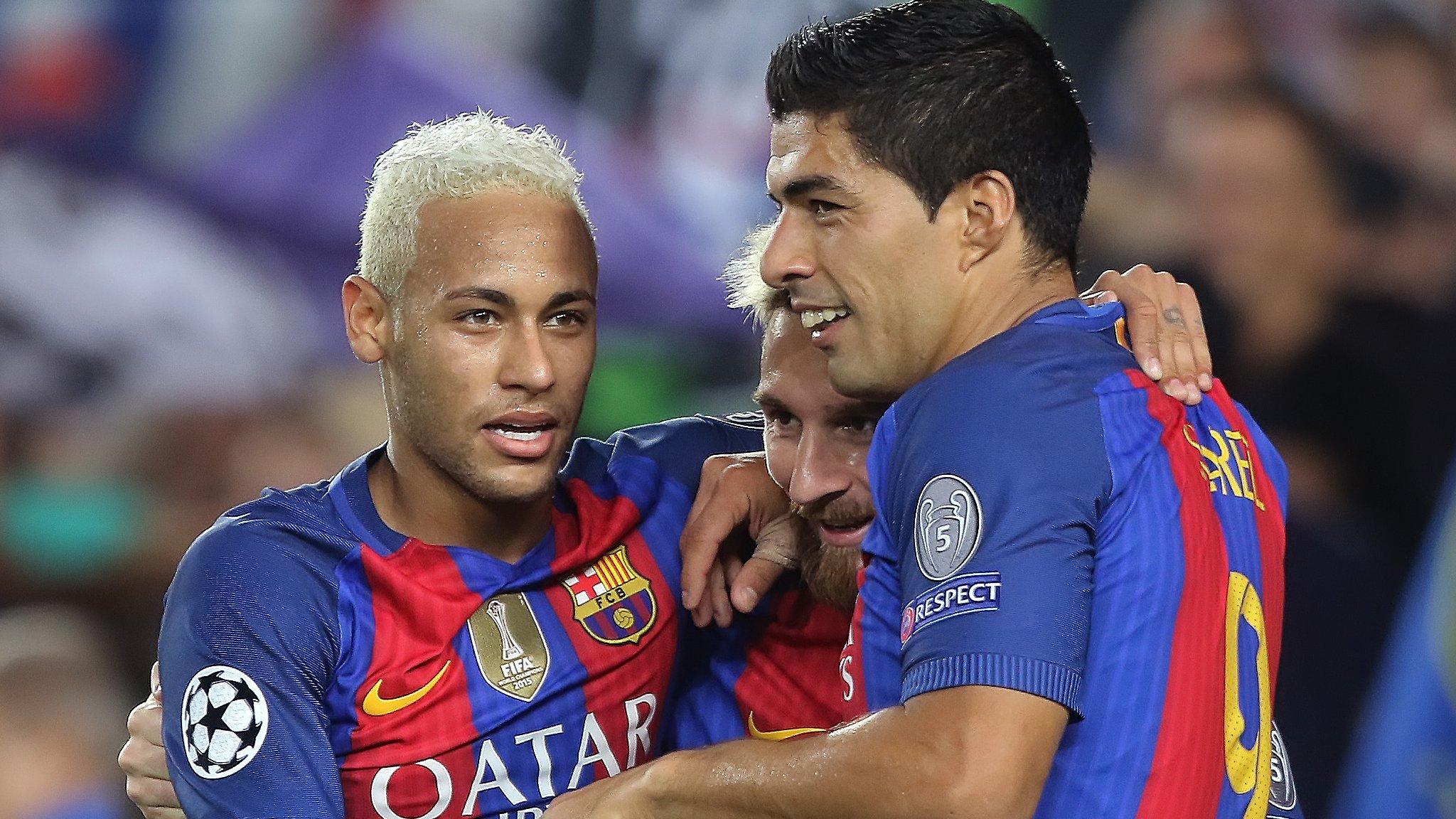
- Published14 September 2016
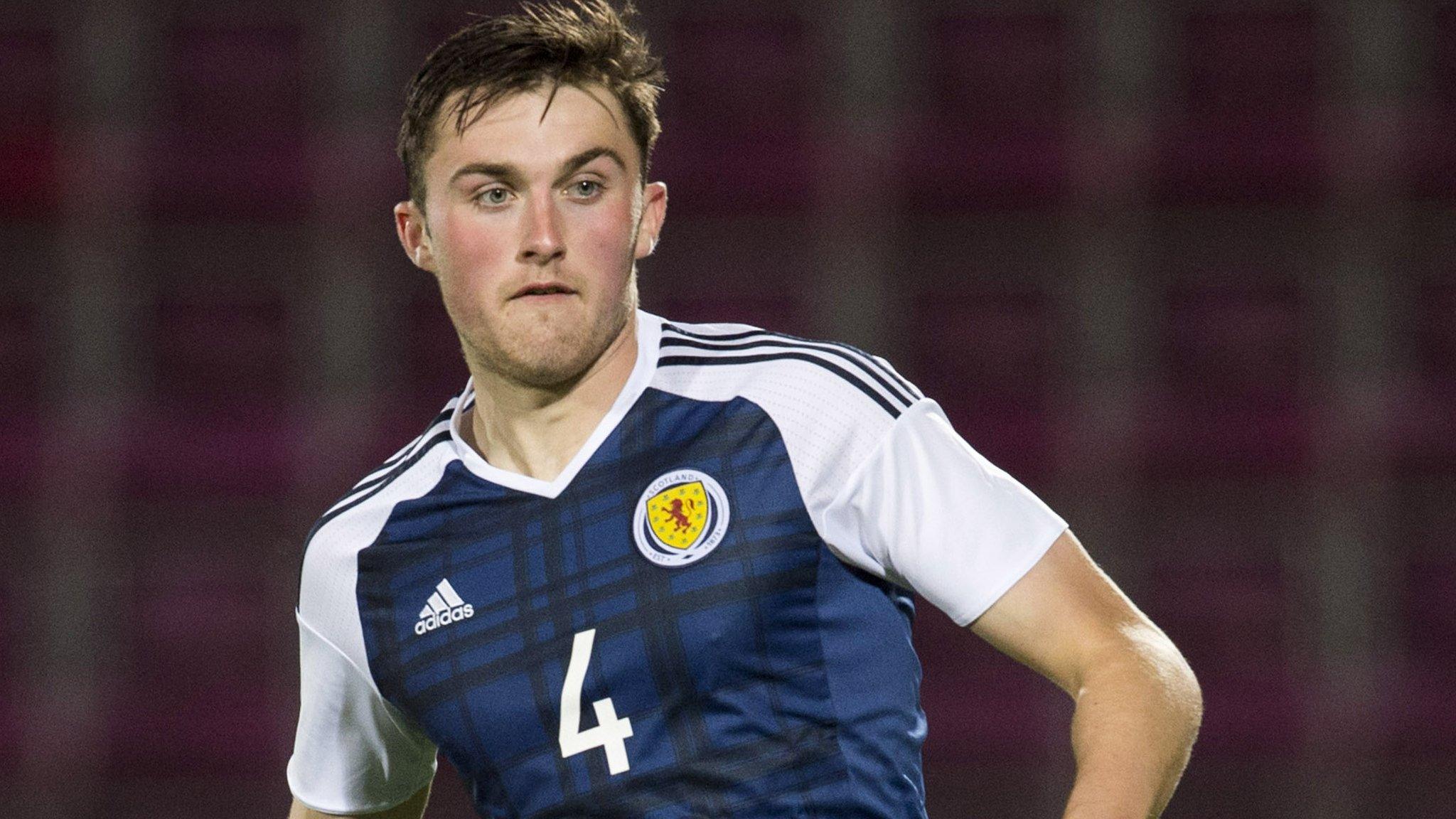
- Published14 September 2016
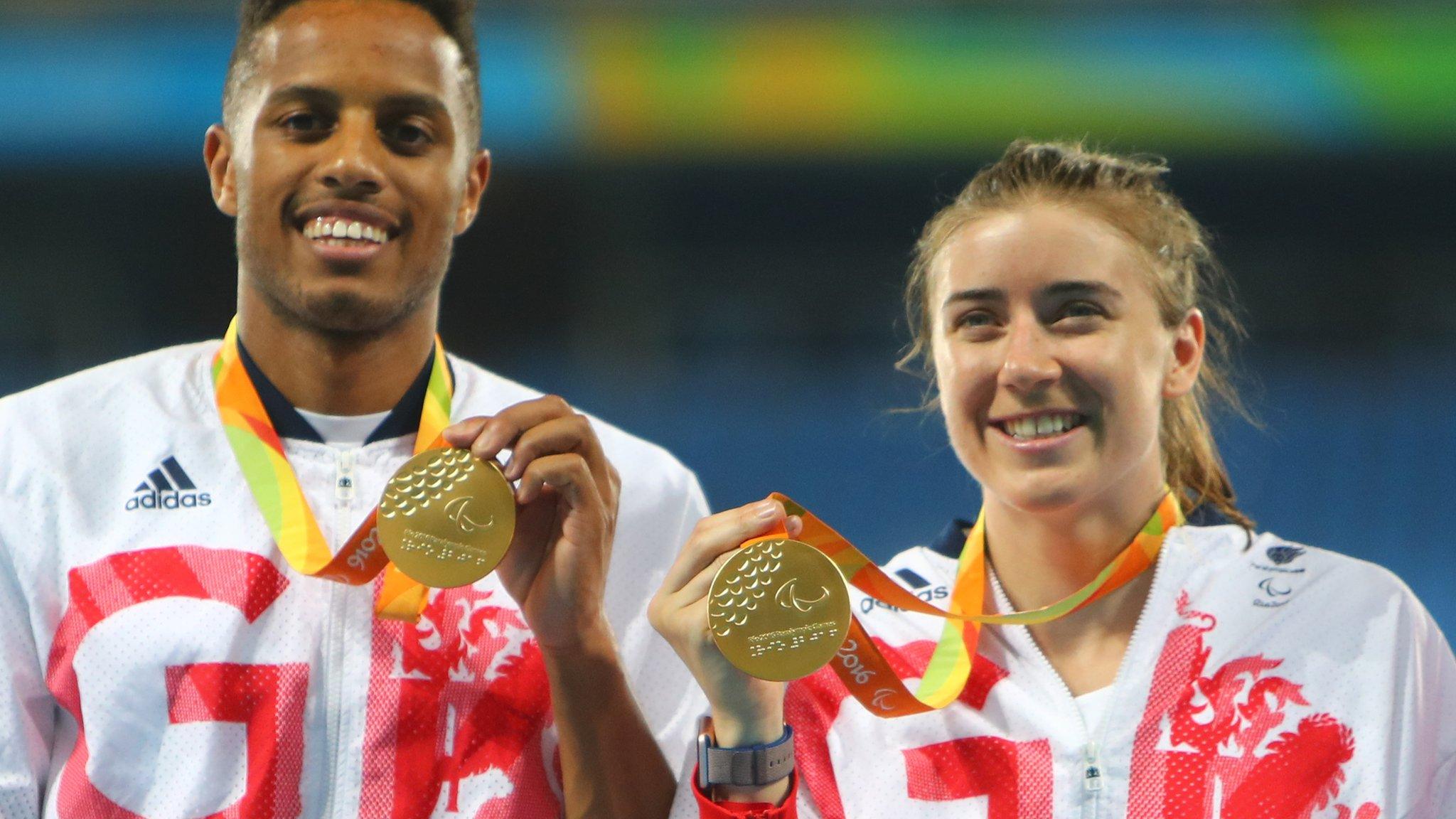
- Published7 June 2019

- Published14 January 2018